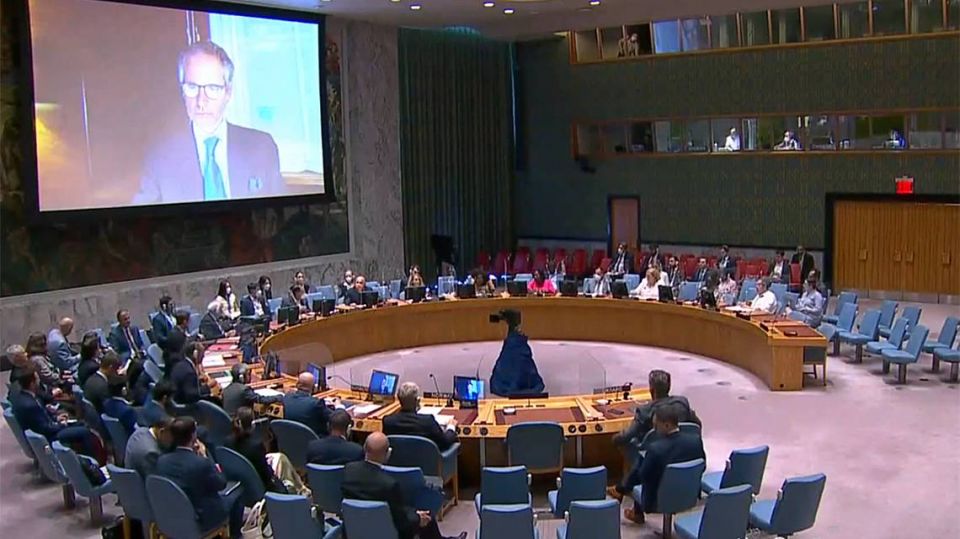France’s relative independence: In response to Russia’s military actions, French president Emmanuel Macron was able to take “a particularly tough stance on Russia” because of “France’s relative independence of oil and gas,” which stems from their “consistent investment in nuclear energy since the 1960s.” German officials, by contrast, are “calling for a slow transition to electricity made from a mix of renewable energy sources, coal and gas.”
Hand wringing: Mazzucchi blames the hesitancy of some Western nations to invest more in nuclear on continued safety concerns lingering from the Fukushima and Chernobyl accidents. As Europe has been wringing its hands with these worries, Russia and China have been plowing ahead with their nuclear technologies: “Russia builds more than 30% of the new reactors worldwide”; “China also builds around 30% of reactors.”
Fourth-generation tech: The author then discusses new nuclear technologies that “are more practical and more agile” than technologies from 20 years ago, when the Generation IV International Forum attempted to “create a global nuclear research agenda,” which “faded into the background” because of doubts about nuclear safety. The technologies he highlights are small modular reactors, fast neutron reactors, and other “fourth-generation nuclear reactor systems.”
Sleepwalking: Mazzucchi writes that “Russia and China are currently alone in operating commercial power plants using these technologies.” Therefore, the European Union “risks sleepwalking into a world where Russia has a technological grip on nuclear technologies, as well as physical control over much of Europe’s fossil fuels.”
Cooperative framework: Mazzucchi concludes his essay by arguing that Western countries together “must build a cooperative framework to achieve the commercial operation of fourth-generation power plants to foster energy independence.” He also urges the education of the public regarding the ”safety of modern commercial nuclear power plants.” The goal, he reminds the reader, is “permanent energy independence,” which will not be realistic from “green technologies” alone in the foreseeable future.




